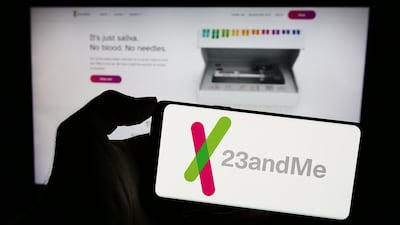Urology is no longer the investment backwater it once was. In 2009, START-UP noted five private financings in the urological device space raising more than $50 million, split between urinary incontinence and prostate disease. EMKinetics Inc., the developer of a neurostimulation device for urinary incontinence, raised an early round, [See Deal] along with Taris Biomedical LLC, which raised $15 million in its Series A round to develop a minimally invasive drug delivery device for bladder disorders. [See Deal] In female urinary stress incontinence, Mpathy Medical Devices Ltd. raised an undisclosed amount of money in a Series C round. [See Deal]
Prostate disease has had an even better showing recently, since it accounted for one of the rare medical device public offerings of 2009, that of ProUroCare Medical Inc., which netted $2.7 million for the development of a new imaging system for mapping the prostate. [See Deal] Privately, Augmenix Inc. raised $6.1 million to develop a tissue spacer that helps minimize collateral damage during prostate cancer treatments [See Deal], and NeoTract Inc., which raised $23
Read the full article – start your free trial today!
Join thousands of industry professionals who rely on Medtech Insight for daily insights
- Start your 7-day free trial
- Explore trusted news, analysis, and insights
- Access comprehensive global coverage
- Enjoy instant access – no credit card required
Already a subscriber?







